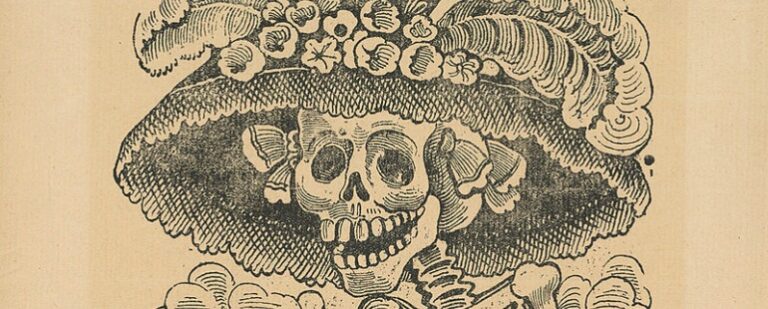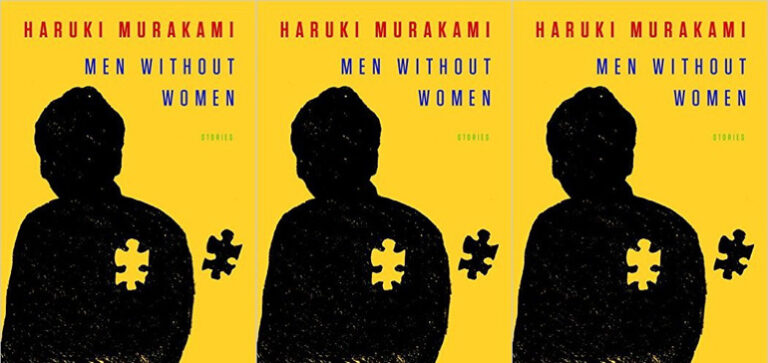Books, Magazines, and TV Guides

I partly grew up in my grandparents’ house. Around 9:00 p.m. most nights, the family would gather in front of the TV and we would watch whatever was on (and age-appropriate for the kids). It never occurred to me really to remark that there were hardly any books around. I’d re-read the same fifteen children’s books, without thinking much of it. And yet, in school, I would be the one punctiliously condescending to those whose houses showed a dismal lack of books, sneering about those who preferred watching TV, and deriving smug satisfaction from the fact that my parents owned more books than anyone else I knew.
Fifteen years later, I’ve been tracking down the photo albums my grandmother has been putting together for years now, for the sake of recording family history. One day this summer, in a closet in my grandparents’ garage, I stumbled upon a cache of old books: a red hardcover about French topography, a couple of novels by once-popular, long-forgotten authors, books about firefighters—my grandfather used to be one, before he retired. After discovering this small trove, I hunted down the rest of the books in the house. Only one small bookcase. Dictionaries and recipe books. Books about Algeria. A few anthologies of French classics. A few modern books, all of them what we call romans de gare—literally train station novels, romances and crime novels, easy reads that don’t require much attention or effort.
Also: old hardcover children’s books, nearly forty years old, in the Bibliothèque Verte collection—translations of Nancy Drew adventures and stories by Enid Blyton; novels penned by the Comtesse de Ségur; novelizations of old children’s TV shows and Disney movies. Those were for my mother, when she was young. The bedroom officially set aside for her is the one that houses what we generally call literature—Mann, Flaubert, Sagan—but they got read once, and were then set aside. In the living room, where we spend most of our time, there are stacks of magazines everywhere—with a focus on gardening, history, the senior lifestyle—and crossword booklets, and, of course, the TV.
So there were books. It just didn’t register, at least to anyone else but me, that owning them should be a source of pride. What the adult me can detect however, and what went completely over my head as a child, is the classist undercurrent of the whole thing. You can’t make someone love books if they never could afford to access them in the first place, and you can’t sustain any kind of passion for reading if you don’t have the means to do so.
I grew up book-rich. I still am. If I wanted a book to read for leisure or if I needed to read a book for class, my mother would buy it, and then another two or three for good measure. Even now, I still prioritize buying books over mostly everything else. But this harmless passion stems from an experience of privilege: I had access to books, and the means to keep accessing them. And I still do think that anyone who grows up without books is being deprived of a crucial part of their development. That doesn’t mean, however, that owning books are the benchmarks of a person’s worth, as I so often hear expressed more or less subtly.
(I remember going to a house and seeing the rows of leather-bound books on the shelves. I was in awe, until I discovered that the books were in pristine condition only because they were pure decoration.)
My grandparents prefer watching TV to reading, and they’ve always championed my own insatiable relationship to books. They gifted me a great deal of the books I read as a child, for my birthday, or Christmas, or any random occasion. Even now, seeing me toil on a dissertation in literature, they never question my relationship with books: they’ve never called it pointless or elitist. They make sure I’m doing ok, and then turn on the TV and watch their favorite crime show. It’s one side of the old immigrant ethos: sacrifice for the future generations, so they may get a good education. The chances you didn’t get, they will. Make them be smart, keep them in school. You won’t understand them, but they’ll have opportunities.
This holds even for non-immigrants. For the kids whose working-class parents line up three jobs. Lamenting an elitist gatekeeping to literacy while curtailing access to books through economic and social policies (or lack thereof) is destroying potential readers, and preserving an exploitative class system. The dream of universal literacy can only be achieved if we make the reading experience an affordable one. Not everyone has the capital to own books—hence we must build or expand public libraries; fund schools; multiply the opportunities where a kid might pick up a book and start reading—and stop shaming those among us who don’t read. Attaching stigma to not reading will only cause harm.
I’ve been sitting down with my grandparents and recording family history as they remember it through their photo albums. They’ve got lots to say. It could make a book, someday. One they’d enjoy reading. One they’d display—keep within reach, to reread.
Photo: “Old Books,” Antti Kyllönen


